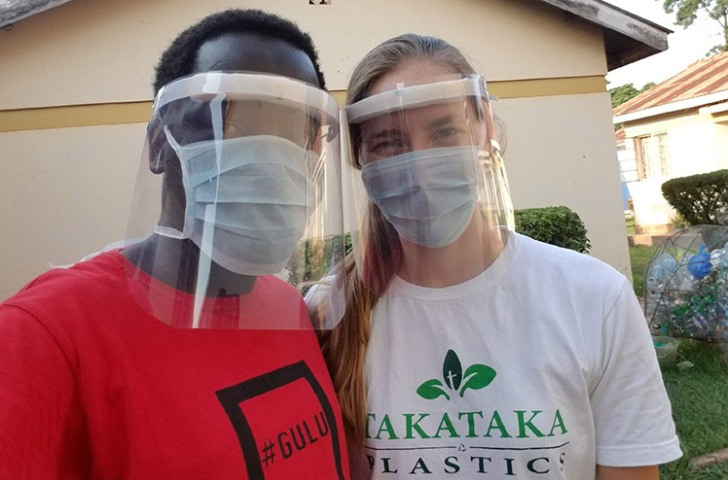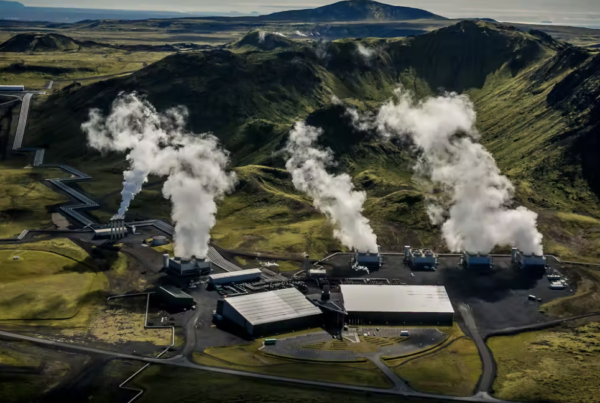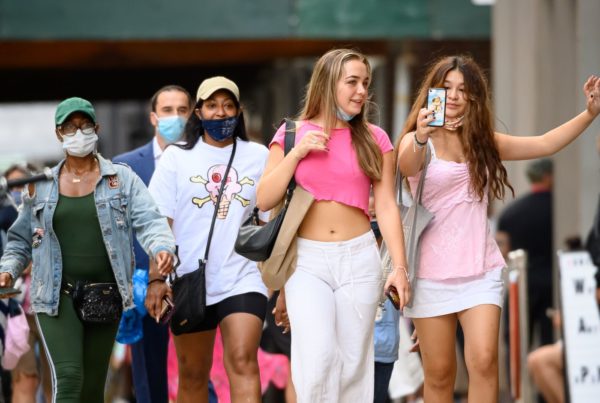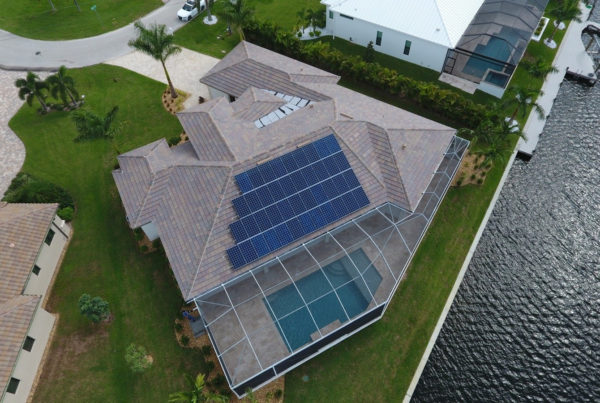The Uganda based startup Takataka Plastics, recycles plastic waste into affordable construction materials, and in response to the COVID-19 crisis, is transforming the waste into face shields for medical centers to protect those in the community.
Takataka, which translates to waste in Swahili, is also reducing environmental and health hazards, since residents no longer need to burn their plastic waste, which would emit dangerous chemicals.
The company has created jobs for locals and made income opportunities for the area’s most marginalized.

The organization, with a team of five full-time staffers, also employs and provides a healing workplace for local youth suffering from trauma, exploitation and human trafficking.

“The hospitals are woefully underequipped. Most have no face shields for their staff,” said Balcom. “The main government hospital in Gulu has one oxygen bed, which doesn’t even work. It has virtually no personal protective equipment; an N95 respirator is unheard of. One bar of soap is supposed to be used to clean an entire ward for a week.”
When handmade, the face shield costs 80 cents, but with orders coming in from local hospitals — Takataka has ordered machinery capable of manufacturing 400 a day at a cost of just 25 cents each.
The start-up has set up a GoFundMe campaign to cover face shield costs. They hope to have the flexibility to make other medical parts as needed.
Long term goals are to expand Takataka Plastics to five more Ugandan towns and eventually to other developing countries.
“But for now, producing face shields is the top priority,” said Co-Founder Paige Balcom.
Learn more about Takataka and their sustainable face shield efforts.
Rwanda’s Akagera Park Thrives Thanks To Community-Led Anti-Poaching Drive

An informal network of community leaders, including former poachers, has sparked a process of reporting potential poachers to park law enforcement and local authorities.
A financial reward is provided to community members for tangible, evidence-based information that leads to the thwarting of poachers. The continuing incentive is in the long-term community investment born of the park’s relationship with the neighboring community.
Former poacher Landuard hasn’t entered the park illegally to hunt animals in 19 years. He says his influence in recruiting others to start poaching years ago was essential in helping to curb the practice and to keep his peers involved in reporting other potential poachers as well.
In the past five years, lions and rhinos have been successfully reintroduced to Akagera’s ecosystem. The buffalo population has grown from 500 in 2010 to more than 3,500 today.
As economic opportunities for communities on the park’s periphery have expanded in recent years, wildlife in Akagera has thrived. Learn more here.
In Madagascar, Revived Environmental Crime Hotline Leads To Tortoise Bust
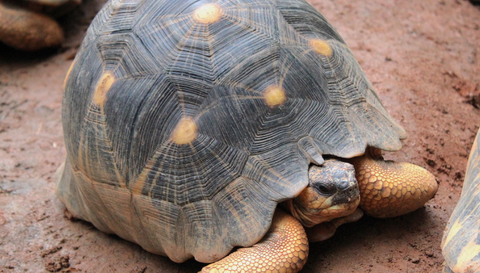
A Malagasy civil society group recently relaunched a hotline for people to report environmental crimes while avoiding the reprisals that often follow when they make such reports to the authorities.
The group hired four environmental lawyers to answer the phones and investigate the cases, referring some to government agencies for enforcement.
An anonymous caller told hotline lawyers about a classified ad for endangered tortoises in a Malagasy newspaper. The call led to the arrest in March of the seller, a government worker who is now in prison awaiting trial.
Many governments have online and telephone reporting options for environmental and wildlife crimes. However, in countries with corrupt institutions and weak law enforcement, NGOs and civil society groups often run the hotlines. Learn more here.
Better Wines Among The Pines, French Researchers Climate-Proof Grapes With Agro-Forestry
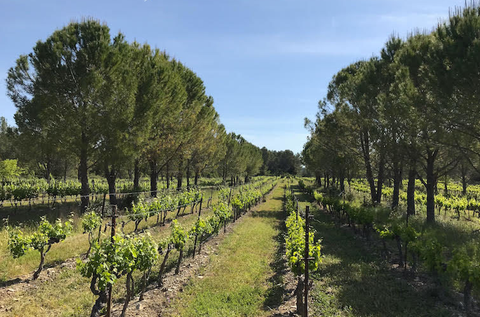
Climate change is affecting the growth of grapes used in winemaking worldwide, causing them to ripen too soon which changes the quality and character of the product; but new research in the global home of wine suggests that trees can help growers adapt.
In southern France, long trellises of wine grapes are being grown among rows of trees that provide shading and other microclimate benefits that cause the grapes to ripen weeks later than in surrounding areas, leading to higher-quality wine.
This agroforestry system, where crops are grown among woody perennials like trees, appears to have additional benefits in vineyards including increased tolerance of vines to heat and frost, and harboring populations of beneficial insects.
Agroforestry also sequesters large amounts of carbon from the atmosphere and is therefore recognized as a top solution to countering the effects of climate change. Learn more here.

